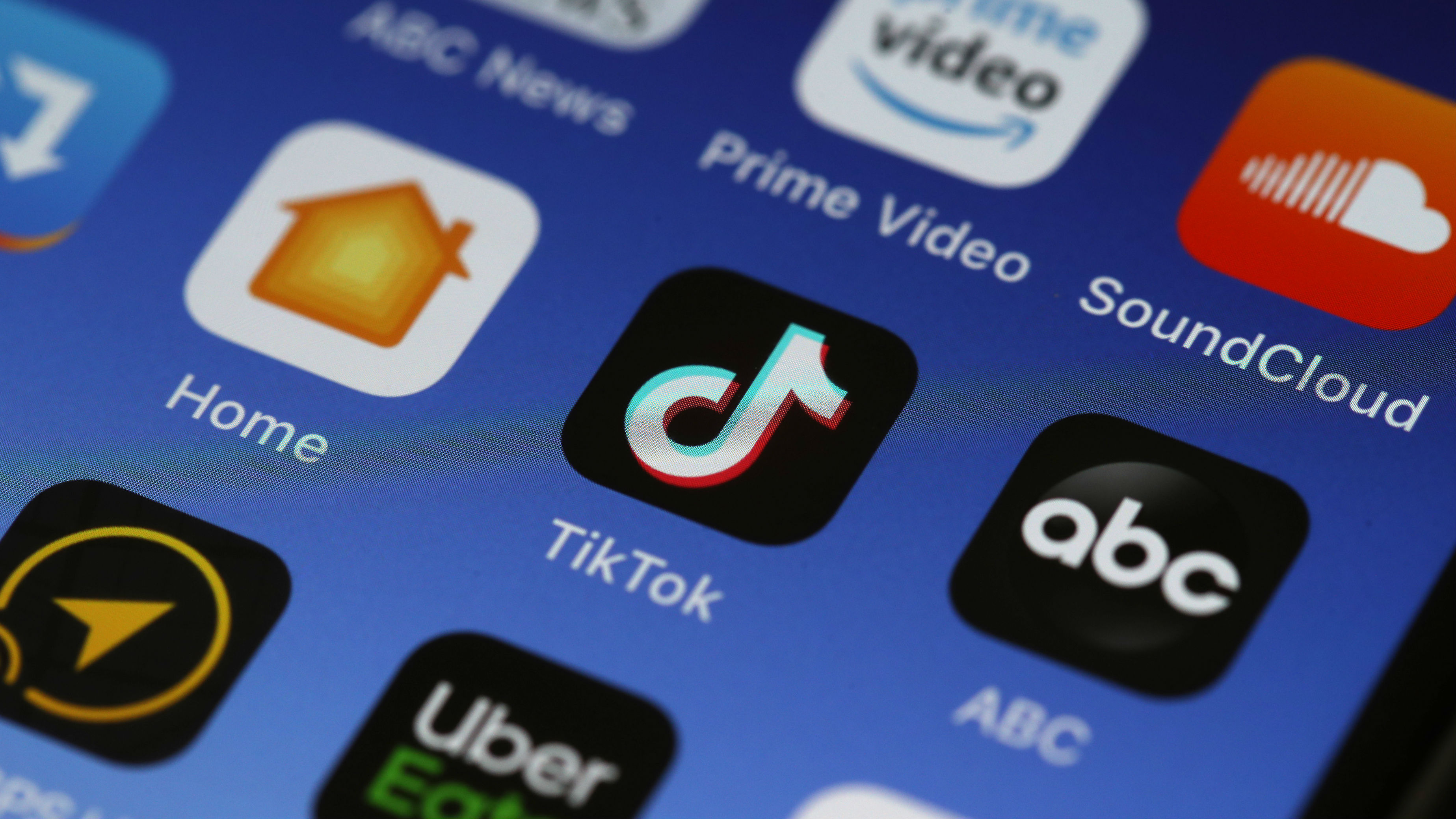‘OK boomer’: what the internet’s favourite new insult means
The phrase has become an online phenomenon after first emerging on TikTok

A free daily email with the biggest news stories of the day – and the best features from TheWeek.com
You are now subscribed
Your newsletter sign-up was successful
The internet has a new favourite insult - and it’s bad news for baby boomers.
“OK boomer” has become an online phenomenon after apparently originating on social media video app TikTok. The first recorded uses of the phrase date back to 2018, but it wasn’t until the start of this year that the insult began cropping up more regularly.
According to The Boston Globe, videos tagged #OkBoomer on TikTok have now been viewed more than 44.6 million times. And sales of a hoodie emblazoned with the slogan have reached more than $25,000 (£19,500), the BBC reports.
The Week
Escape your echo chamber. Get the facts behind the news, plus analysis from multiple perspectives.

Sign up for The Week's Free Newsletters
From our morning news briefing to a weekly Good News Newsletter, get the best of The Week delivered directly to your inbox.
From our morning news briefing to a weekly Good News Newsletter, get the best of The Week delivered directly to your inbox.
So what does “OK boomer” mean?
The phrase has become the reposte of choice for young people to mock the generations born between 1946 and 1964 - the so-called baby boomers - for allegedly being out of touch or having closed-minded opinions.
Or as The New York Times puts it, “OK boomer” is “a rallying cry for millions of fed-up kids”.
The phrase crossed over into the mainstream this week, when a 25-year-old New Zealand lawmaker used it in response to heckling during a speech on the climate crisis.
A free daily email with the biggest news stories of the day – and the best features from TheWeek.com
Chloe Swarbrick was speaking about a proposed zero carbon bill, which would set a target of zero carbon emissions for the country by 2050, when an older politician made a comment about her age.
As CNN reports, Swarbrick “casually dropped a sharp-tongued retort - “OK boomer” - and, unfazed, continued talking amid the puzzlement and silence of the room”.
Where did it originate?
“It’s unclear where the phrase ‘OK, boomer’ got its official start,” says The Boston Globe.
But the putdown appears to have started spreading in reaction to a viral audio clip on TikTok featuring an unidentified older man, who declares that “millennials and Generation Z have the Peter Pan syndrome”, reports USA Today.
“They don’t ever want to grow up; they think that the utopian ideals that they have in their youth are somehow going to translate into adulthood,” says the man, before referring to young people as “infantile”.
After the video was posted to the internet, thousands of younger people responded with the phrase “OK boomer”, in what users describe as a “digital middle finger” to baby boomers viewed as being unwilling “to budge on certain political and cultural issues,” explains the Globe.
Why are millennials so angry with baby boomers?
Between a rise in student debt and the effects of financial instability following the 2008 crash, many members of the younger generations are said to feel cheated by the baby boomers who currently occupy positions of power.
USA Today notes that young people are “wary of advice” from older generations. And CNN reports that “countless” mocking videos on TikTok are “calling out what young people perceive as out-of-touch baby boomers and their patronising opinions”.
Meanwhile, the BBC says that young people in the US “blame their grandparents for trashing the environment and voting for a president who refuses to do anything about it”, leading to the “OK boomer” phrase becoming a catch-all response to “judgemental, conservative or narrow-minded attitudes”.
How do older people feel the phrase?
Not happy, unsurprisingly.
The New York Post’s Steve Cuozzo says that millennials are too quick to “whine” about the older generation, while “boomers were, and remain, the most socially and environmentally conscious generation America ever has ever known”.
Right-wing US radio host Bob Londsberry has gone a step further, describing the phrase OK boomer as “the n-word of ageism”, reports The Independent.
In a now-deleted tweet, Londsberry wrote: “Being hip and flip does not make bigotry ok.”
Joe Evans is the world news editor at TheWeek.co.uk. He joined the team in 2019 and held roles including deputy news editor and acting news editor before moving into his current position in early 2021. He is a regular panellist on The Week Unwrapped podcast, discussing politics and foreign affairs.
Before joining The Week, he worked as a freelance journalist covering the UK and Ireland for German newspapers and magazines. A series of features on Brexit and the Irish border got him nominated for the Hostwriter Prize in 2019. Prior to settling down in London, he lived and worked in Cambodia, where he ran communications for a non-governmental organisation and worked as a journalist covering Southeast Asia. He has a master’s degree in journalism from City, University of London, and before that studied English Literature at the University of Manchester.